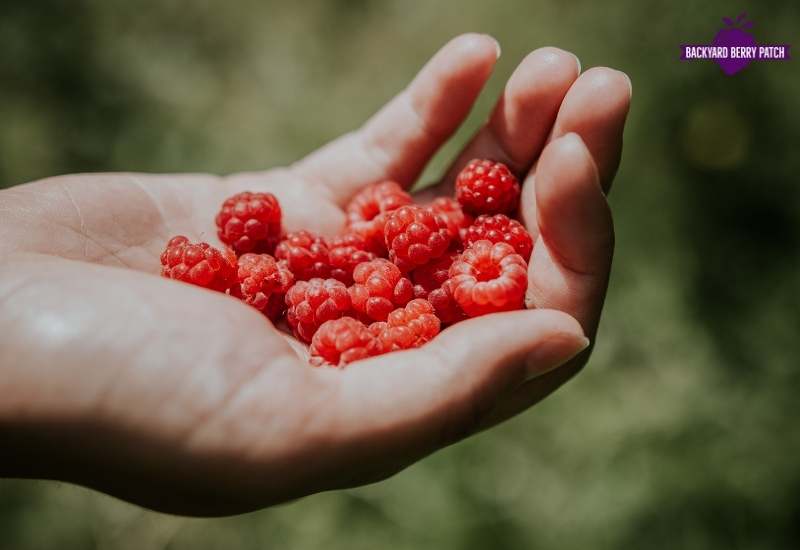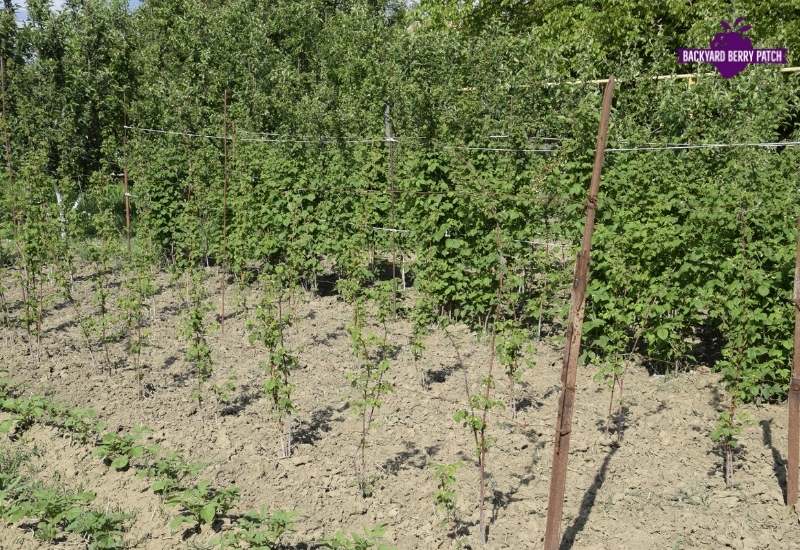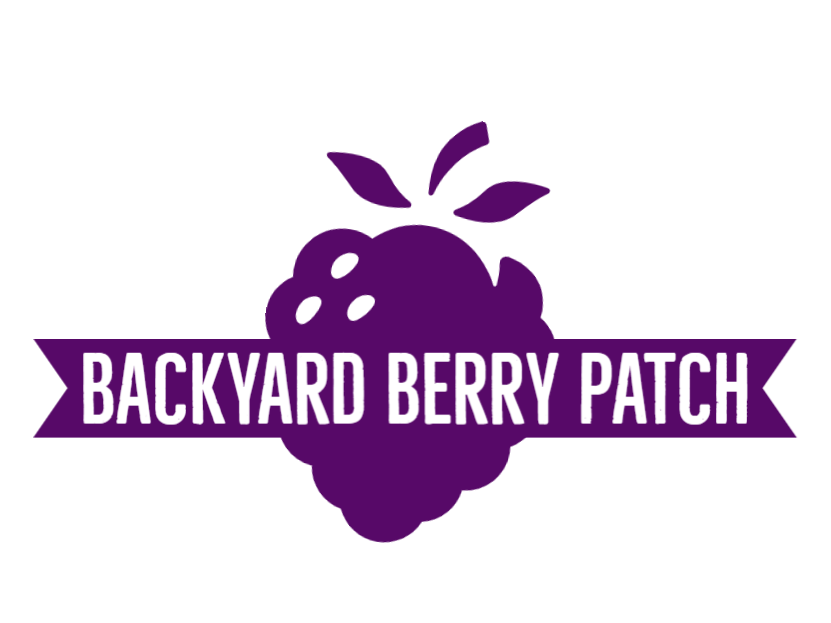Growing raspberries in North Carolina can be rewarding but challenging. The state’s hot, humid summers and changing winter temps can stress the plants.
But don’t worry! With the right varieties and care, you can enjoy tasty berries from your garden.
The best raspberry varieties for North Carolina include Anne, Caroline, and Tulameen. These types can handle the heat and give good harvests. They’re great for eating fresh, making jams, or baking into pies. Plus, raspberries are packed with vitamin C to boost your immune system.
Raspberries are small fruits that fit well in home gardens. As perennials in the genus Rubus, they can produce fruit for many years with proper care.
You’ll love having these sweet berries right outside your door!
North Carolina Climate And Soil Overview
Growing raspberries in North Carolina can be tricky due to the state’s varied climate. You’ll find that the weather differs between the mountains, piedmont, and coastal regions.
The hot, humid summers in the piedmont and coastal areas can stress raspberry plants. Winter temperatures that go up and down can also harm the canes.

For the best results, you’ll want to plant your raspberries in full sun. Make sure you have well-draining soil to prevent root diseases. The ideal pH for raspberry soil is between 5.5 and 6.5.
Before planting, it’s a good idea to do a soil test. This will tell you if you need to add any nutrients.
Adding organic matter can improve your soil structure and fertility.
Here are some key points to remember:
- Choose a spot with good air circulation
- Mulch to control weeds and retain moisture
- Water regularly, especially during dry spells
- Watch out for pests like spotted-wing drosophila
Recommended Thornless Raspberry Varieties In North Carolina
Thornless raspberries are easier to handle and harvest. They’re a great choice for your North Carolina garden.
Here are some top thornless varieties to consider:
Joan J: This primocane-fruiting variety produces large, sweet berries. It’s self-fertile and perfect for small gardens.
Raspberry Shortcake: A compact bush that doesn’t need a trellis. It’s ideal for containers or small spaces.
Canby: This summer-bearing variety has a sweet flavor. It grows well in rows and benefits from a two-wire trellis system.
Planting these varieties is simple. Buy dormant plants from a nursery in early spring, then plant the crown just below soil level.
For best growth, space your plants about 2 feet apart in rows. Use a trellis or training system to support the canes as they grow.
Most thornless varieties have an erect growth habit. This makes them easier to manage in your garden.
Remember, everbearing types like Joan J will fruit twice a year. You’ll get a crop in summer and again in fall.

Recommended Thorny Raspberry Varieties In North Carolina
If you’re looking to grow thorny raspberries in North Carolina, you have some great options. These varieties are well-suited to the state’s climate and can produce tasty berries for your garden.
One popular choice is the Royalty raspberry. This mid-season variety produces large, purple berries with a sweet flavor. Royalty raspberries are known for their vigor and high yields.
Black raspberries also do well in North Carolina. They’re thorny and require a bit more maintenance, but their unique flavor makes them worth the effort. Try planting Bristol or Jewel varieties for best results.
When growing thorny raspberries, remember to wear gloves during harvesting and maintenance. You’ll need pruning shears to manage the canes properly.
Floricane-fruiting varieties produce fruit on second-year canes. Prune these in late winter or early spring before new growth starts. Removing dead, diseased, or weak canes will promote healthy growth.
For a longer harvest season, consider planting both early and late-season varieties. This way, you can enjoy fresh raspberries from your garden for several weeks.
Remember to control suckers to keep your raspberry patch tidy. Remove any that pop up outside your designated growing area.
